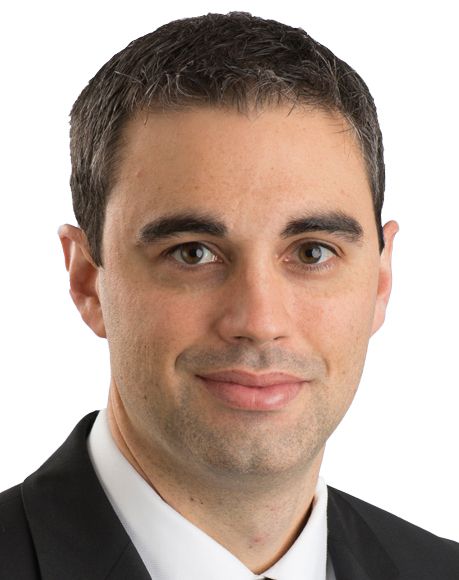It’s accepted that there’s a shortage of capital in the Atlantic Canadian startup community. But here’s another problem that’s less well-known but no less relevant – there is also a shortage of people to manage that capital properly.
The Chief Financial Officer, the oft-overlooked counter of beans, is in short supply in Canada’s east coast startup cluster. And the lack of proper, seasoned CFOs is affecting more than just capital-raising and cash management at our startups. It’s also affecting strategy and operations.
“Given where a lot of the startups are, there’s quite a lot of nervousness in bringing on a full time CFO,” said J.P. Furey, who fills the position at the Halifax startup Bluelight Analytics. “What companies need is a CFO who’s versatile and can play a role strategically and operationally.”
He and other startup CFOs say the image of an in-house accountant who’s just a numbers guy is outdated and could be harmful. CFOs, said Furey, should have a role in such parts of the operation as business development, pipeline structure and contract negotiation. And they should be vocal in helping the company shape its strategy.
“An effective CFO is an essential part of the strategic team,” said Keith Abriel, the CFO at Halifax-based DHX Media Ltd., and a previous CFO for such startups as Bluelight and CarbonCure Technologies. “It isn’t to say that they should dictate the strategy, but they need to be a key part of the strategic team.”
The common problem is company founders usually divide the equity among themselves, setting aside about 20 percent or so for other employees. As the company grows, they realize they need a full-time CFO, someone to help with all the tasks outlined above. But the company could have trouble paying the full-time salary demanded by someone who could be working at one of the Big Five consultancies.
So they have to offer equity. But the CFO would need more than just a slice of the employee pools and the founders may be reluctant to share their stakes.
Mario Laflamme, CFO at Toronto-based Biosign Technologies, said companies need to dream big and understand that they need the right personnel to help achieve those dreams.
“You have to think big because that is a fundamental issue if you want to grow the company,” said Laflamme, who was formerly CFO with Halifax-based LED Roadway Lighting. “You have to create a situation where someone says, ‘Hey, I want to be on this team because I believe it will be successful.’ If you want to bring in top talent then you have to pay them and the pay is not just in cash – it is also in equity.”
Ideally, the team of a rapidly growing seed-stage startup will look for someone with experience who has had a hand in every step of the startup lifecycle – founding, a seed raise, VC funding, M&A and an exit. A good CFO will also understand the company’s operations and be able to work closely with the COO to make sure the business runs with maximum efficiency.
Such a person will help not only with the company’s operational performance, said the CFOs. He or she should also be able to help the company attract more capital. For one thing, CFOs speak the language of investors.
For another, they know how to shape strategy to help attract investment.
“You need a catalyst to get your investors excited,” said Abriel. “They have to be able to say, ‘This is what we’re going to get for our money.’ They have to understand what it [the investment] will be used for.”
So as the young Atlantic Canadian startups grow, there will likely be more demand for full-time, full-service CFOs, but the question is whether there will be enough qualified people to fill the openings.
Ideally, as the community grows, more financial execs will gain more experience and grow into the rounded individuals the community needs.
Even now there are people available, but the risks and compensation of the startup life don’t always appeal to them.
“You see a lot of talented financial people who could do more or they take a job that pays the bills but a lot of this financial talent is underutilized,” said Laflamme.
This article first appeared in the most recent Entrevestor Intelligence report.










